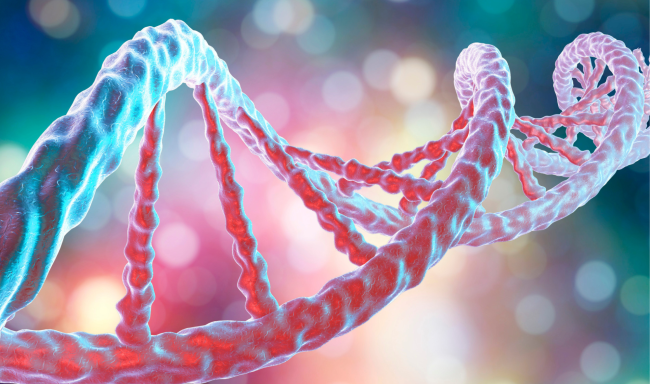Chorea
This is often referred to as the movement symptom and is the most obvious change patients display. This affects some people more than others. People may have involuntary movements while at the same time, having more difficulty with the movements they want to make such as doing up buttons.



